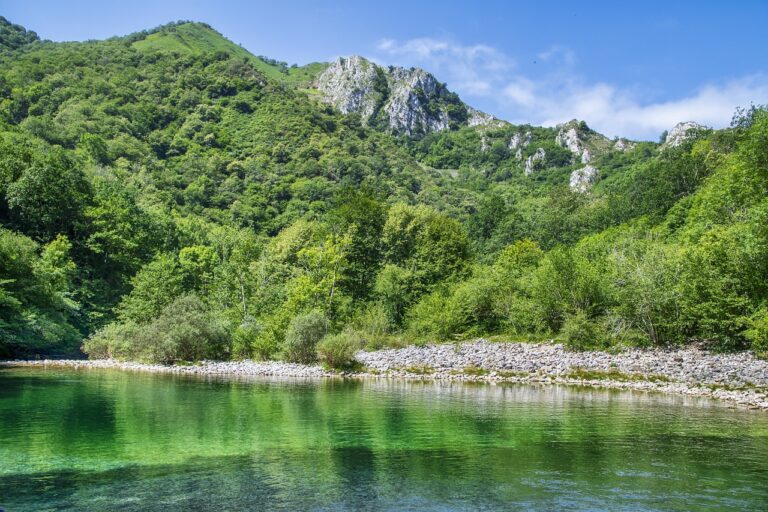Exploring Underwater Worlds: Diving into Marine Conservation Efforts
Marine conservation plays a vital role in protecting the fragile ecosystems that exist beneath the ocean’s surface. The vast array of marine life depends on healthy oceans to thrive, and by preserving these habitats, we can ensure the biodiversity of our planet remains intact.
Furthermore, the oceans also provide essential resources for human survival, such as food, medicines, and even the air we breathe. By responsibly managing and conserving marine resources, we can sustainably utilize these benefits for generations to come. It is imperative that we prioritize marine conservation efforts to safeguard the health of our oceans and the well-being of both marine life and human communities alike.
Threats to Marine Ecosystems
One of the major threats to marine ecosystems is overfishing. With the increasing demand for seafood, many commercial fishing operations are depleting fish populations at unsustainable rates. This not only disrupts the delicate balance of marine food chains but also leads to the loss of biodiversity in various marine habitats.
In addition to overfishing, pollution poses a significant threat to marine ecosystems. Plastic waste, chemical pollutants, and oil spills all have detrimental effects on marine life. These pollutants can harm marine animals through ingestion or entanglement, disrupt habitats, and contribute to the deterioration of water quality. Addressing these pollution sources is critical in protecting the health and diversity of marine ecosystems.
• Overfishing is a major threat to marine ecosystems
• Increasing demand for seafood has led to unsustainable depletion of fish populations
• Disruption of marine food chains and loss of biodiversity are consequences of overfishing
• Pollution also poses a significant threat to marine ecosystems
• Plastic waste, chemical pollutants, and oil spills harm marine life
• Ingestion or entanglement can result from exposure to these pollutants
• Habitat disruption and water quality deterioration are additional impacts of pollution
Impact of Climate Change on Marine Life
Climate change is significantly impacting marine life worldwide. Rising sea temperatures are leading to coral bleaching, disrupting delicate marine ecosystems. Studies have shown that changes in ocean chemistry due to increased carbon dioxide levels are affecting the growth and survival of various marine species, particularly those reliant on calcium carbonate for their shells and exoskeletons.
Moreover, alterations in ocean currents and temperatures are impacting the distribution and migration patterns of marine animals. Many species are being forced to adapt to changing conditions or face dwindling populations. The increased frequency and intensity of extreme weather events, such as hurricanes and cyclones, are also contributing to the destruction of marine habitats and the displacement of marine life.
Why is marine conservation important?
Marine conservation is important because oceans play a crucial role in regulating the Earth’s climate, providing food and resources for millions of people, and supporting a vast array of life forms.
What are some threats to marine ecosystems?
Some threats to marine ecosystems include overfishing, pollution, habitat destruction, and climate change. These factors can disrupt the delicate balance of marine life and lead to declines in populations and biodiversity.
How does climate change impact marine life?
Climate change can impact marine life in various ways, such as rising sea temperatures, ocean acidification, extreme weather events, and changes in sea level. These changes can disrupt marine habitats, alter migration patterns, and affect the survival of many marine species.





